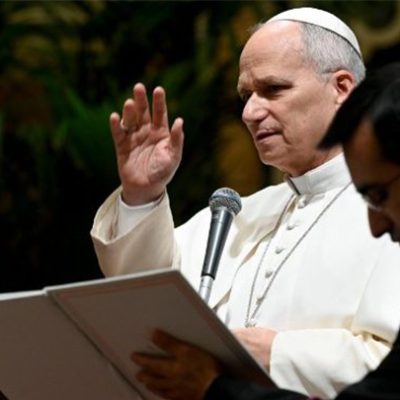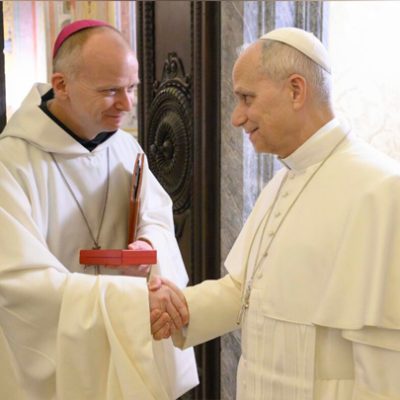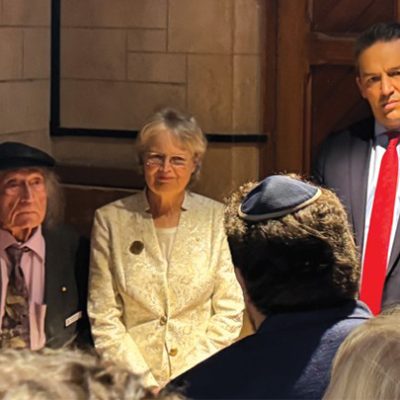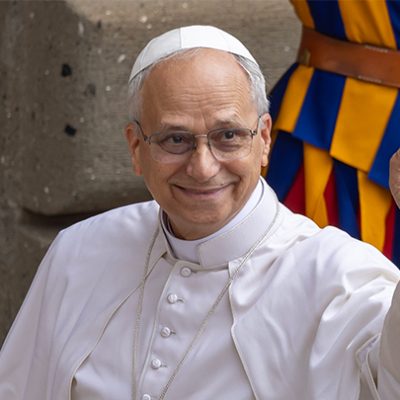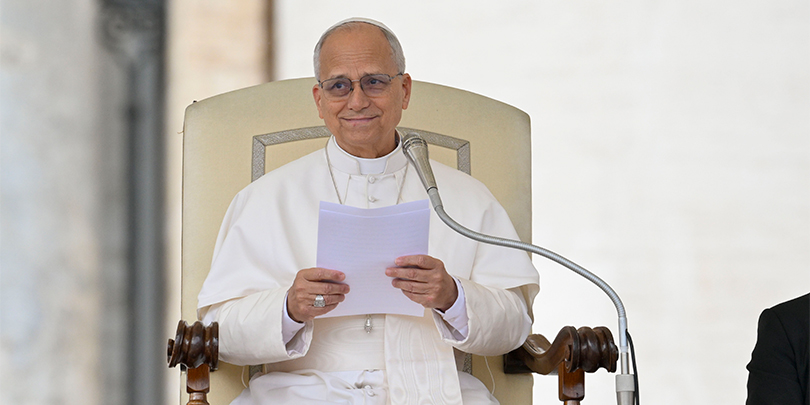
The Catholic Church does not tolerate antisemitism and fights against it, “on the basis of the Gospel itself”, Pope Leo XIV said yesterday. Source: Crux.
Speaking in St Peter’s Square for the weekly general audience, the pontiff said he was confirming his predecessors, who “have condemned antisemitism with clear words”.
“Sixty years ago, on 28 October, 1965, Vatican Council II, with the promulgation of the Declaration Nostra Aetate, opened up a new horizon of encounter, respect and spiritual hospitality,” he said.
“This luminous document teaches us to meet the followers of other religions not as outsiders, but as travelling companions on the path of truth; to honour differences affirming our common humanity; and to discern, in every sincere religious search, a reflection of the one divine Mystery that embraces all creation,” Leo continued.
He said that, in particular, it should not be forgotten that the first focus of Nostra Aetate was towards the Jewish world, which the Pope said St John XXIII intended to “re-establish the original relationship”.
Leo had spoken about Nostra Aetate on Tuesday, in a meeting that marked the 60th anniversary of the Vatican document.
In his Wednesday audience, the Pope said the document represented the first time in the history of the Church, a doctrinal treatise on the Jewish roots of Christianity was to take shape, “which on a biblical and theological level would represent a point of no return”.
He said Catholics and Jews can look with gratitude at everything that has been achieved in Jewish-Catholic dialogue during these six decades since the document was issued.
“We cannot deny that there have been misunderstandings, difficulties and conflicts in this period, but these have never prevented the dialogue from continuing,” the Pope said.
“Even today, we must not allow political circumstances and the injustices of some to divert us from friendship, especially since we have achieved so much so far,” Leo said.
FULL STORY
Pope Leo says Catholic Church ‘does not tolerate’ antisemitism (By Charles Collins, Crux)



